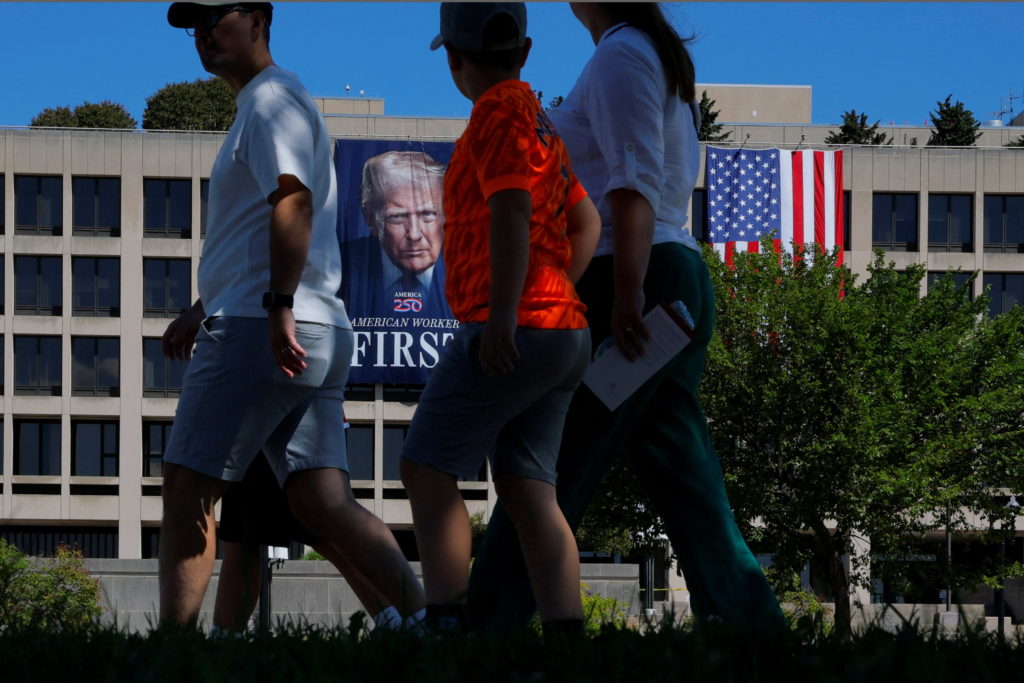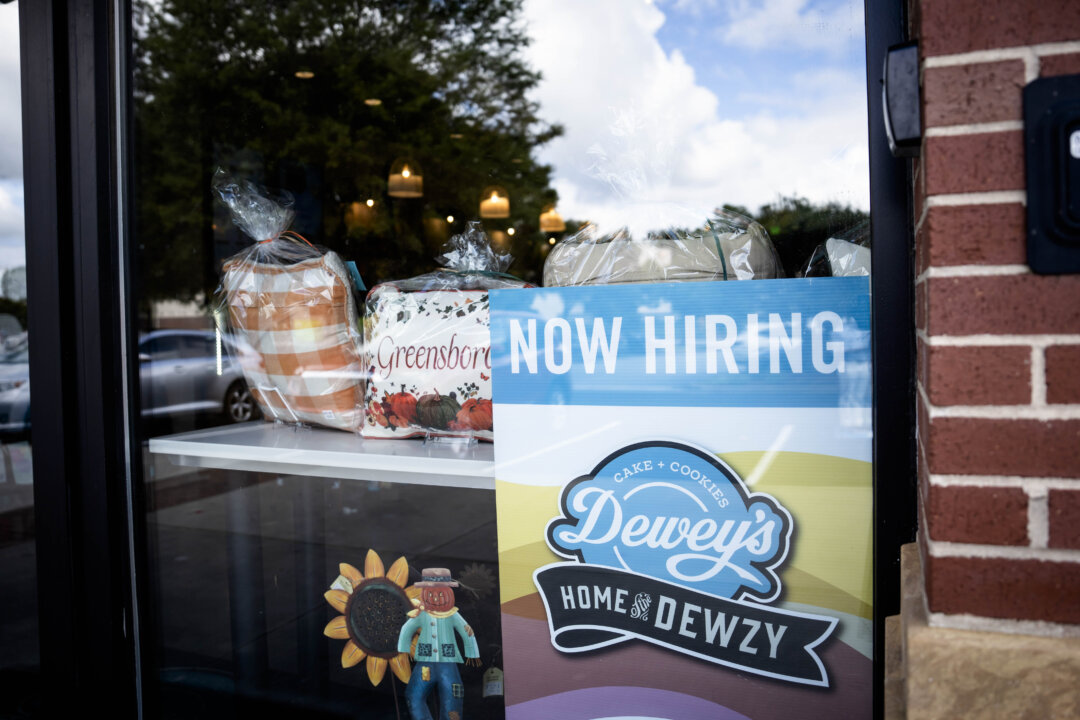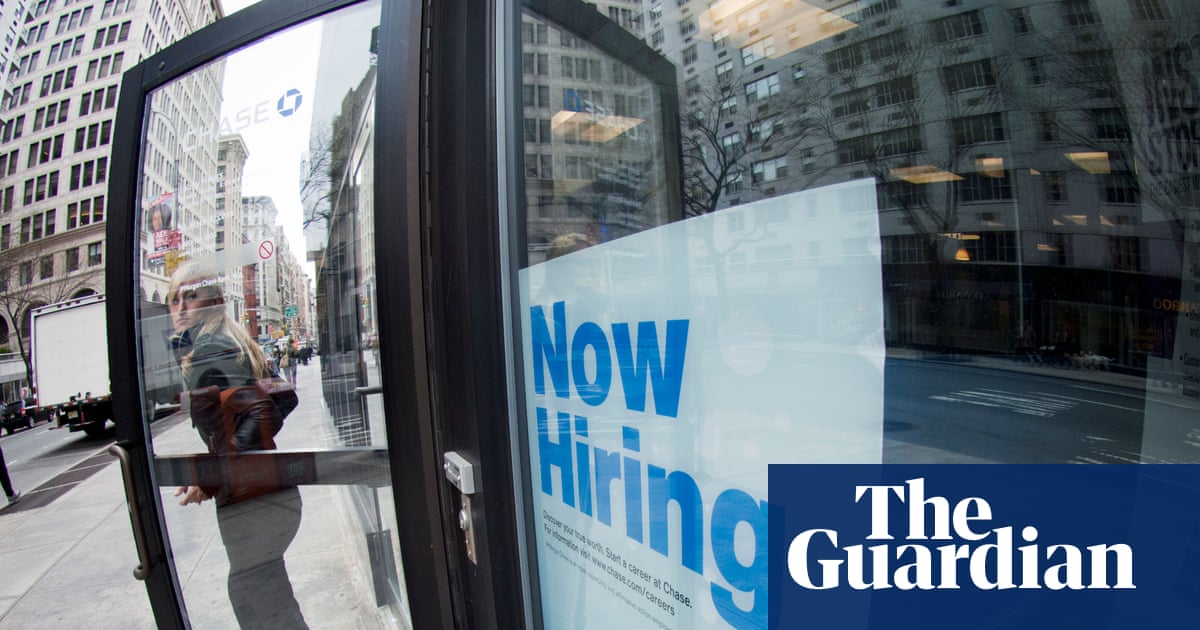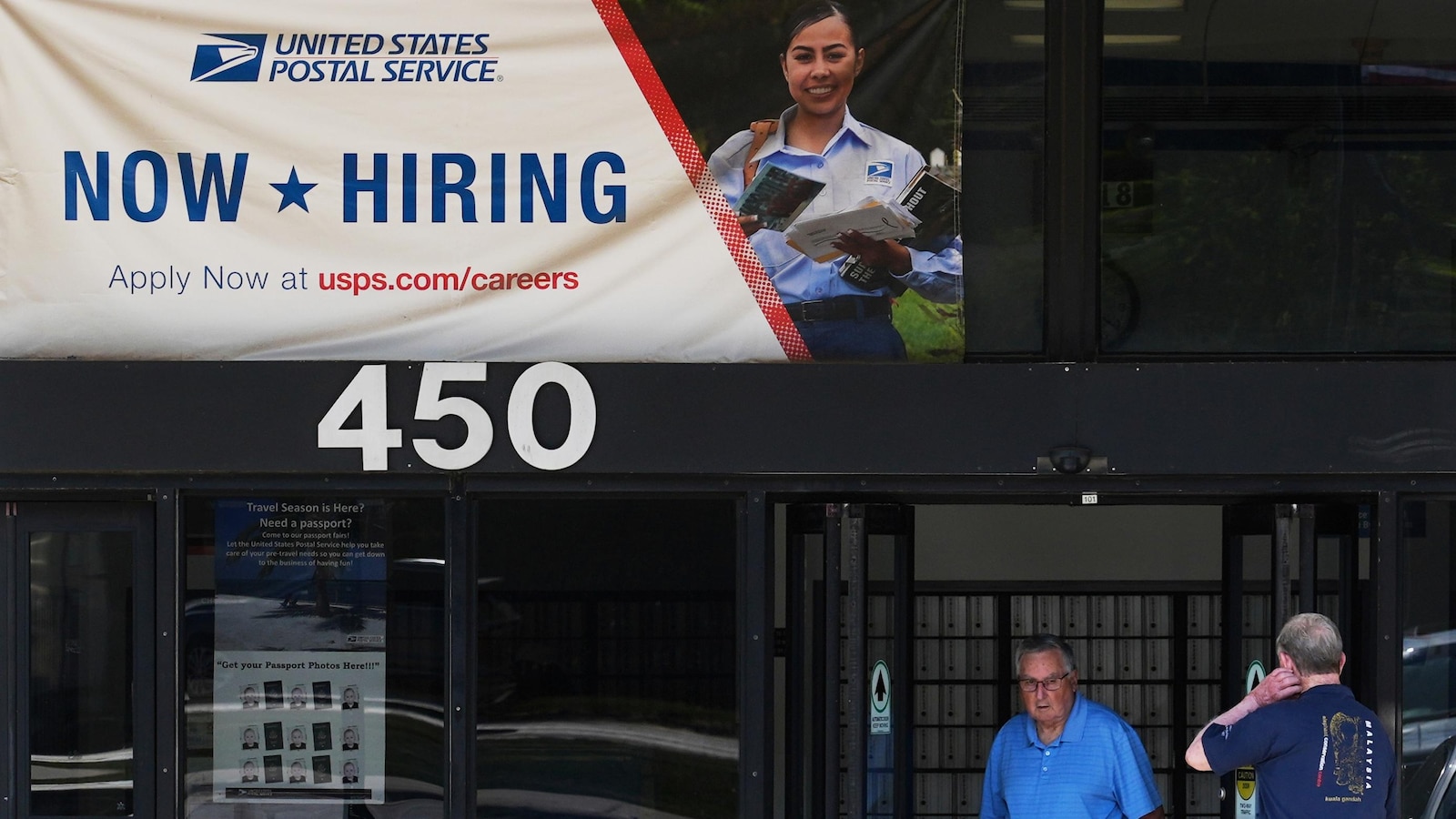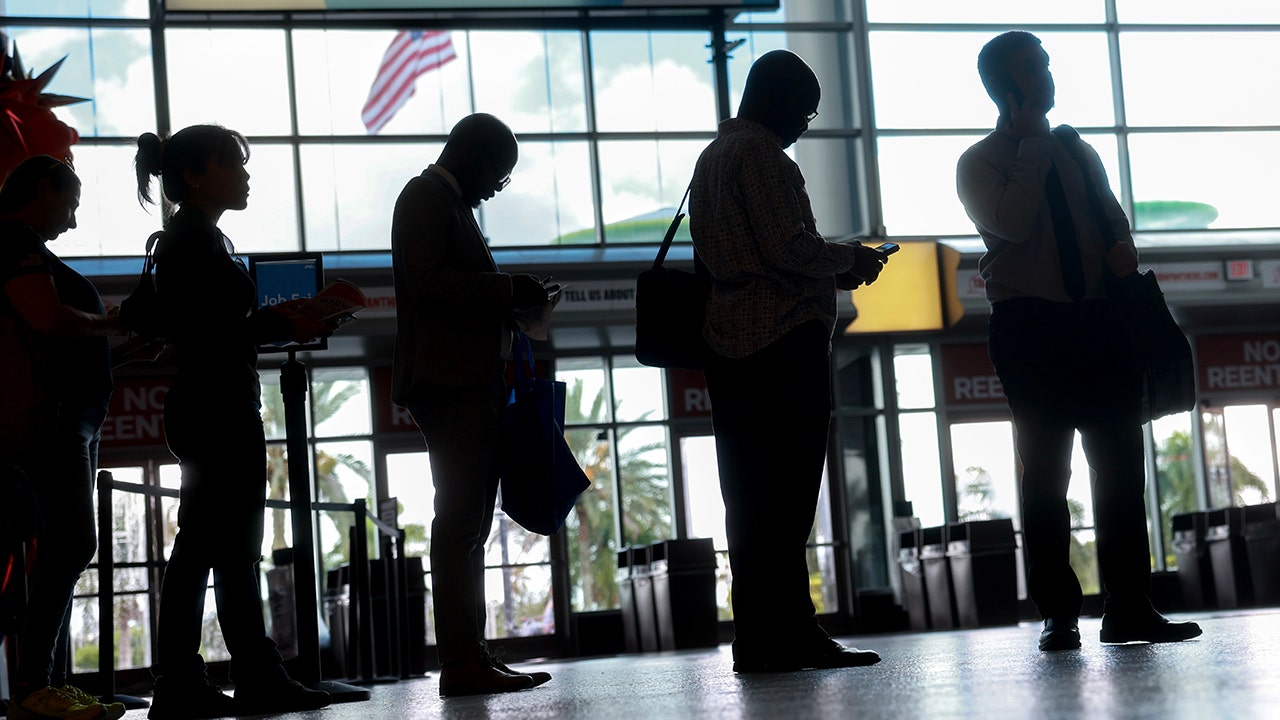Government Shutdown Creates Economic Data Vacuum, Blurring US Outlook
Government shutdown delays crucial jobs reports and economic data, creating significant uncertainty for the US economy, prompting reliance on alternative metrics.
Subscribe to unlock this story
We really don't like cutting you off, but you've reached your monthly limit. At just $5/month, subscriptions are how we keep this project going. Start your free 7-day trial today!
Get StartedHave an account? Sign in
Overview
- The ongoing government shutdown has significantly delayed the release of official monthly jobs reports and other vital economic data, hindering clear insights into the US economy.
- This lack of timely government data is causing widespread uncertainty among economists and investors regarding the nation's hiring outlook and overall economic trajectory.
- Economists are now relying on alternative data from private-sector companies and nonprofits, which present a mixed picture of the current labor market.
- Alternative reports include a surprising loss of 32,000 private-sector jobs, an increase in weekly unemployment claims, and stagnant services sector activity.
- The situation, reminiscent of the 2013 shutdown, also raises concerns about potential delays in other high-profile economic reports like inflation data.
Report issue

Read both sides in 5 minutes each day
Analysis
Center-leaning sources neutrally cover the impact of the government shutdown on crucial economic data releases, particularly the jobs report. They explain the implications for policymakers and markets, present alternative data sources like ADP and the Chicago Fed, and include diverse expert opinions on the data's importance, avoiding loaded language or selective emphasis.
Articles (10)
Center (4)
FAQ
The shutdown has delayed the release of the September employment report, weekly jobless claims data, consumer price index (CPI) data, producer price index (PPI) data, and Personal Consumption Expenditures (PCE) price index data.
The shutdown has caused significant data gaps, leaving the Federal Reserve to operate with less information about the labor market and inflation, which increases uncertainty and may influence decisions such as interest rate cuts.
Economists are relying on alternative data from private-sector companies and nonprofits, which currently show a mixed picture including a loss of 32,000 private-sector jobs, rising weekly unemployment claims, and stagnant services sector activity.
The shutdown reduces economic growth prospects by causing uncertainty, lowering business investment, increasing financial market volatility, and suspending benefits for programs like WIC and SNAP, affecting millions of Americans.
The current shutdown is reminiscent of the 2013 shutdown with similar concerns about delayed economic reports and impacts on benefits programs, and like past shutdowns, it causes reductions in GDP growth and economic uncertainty.
History
- 1M

 6 articles
6 articles



